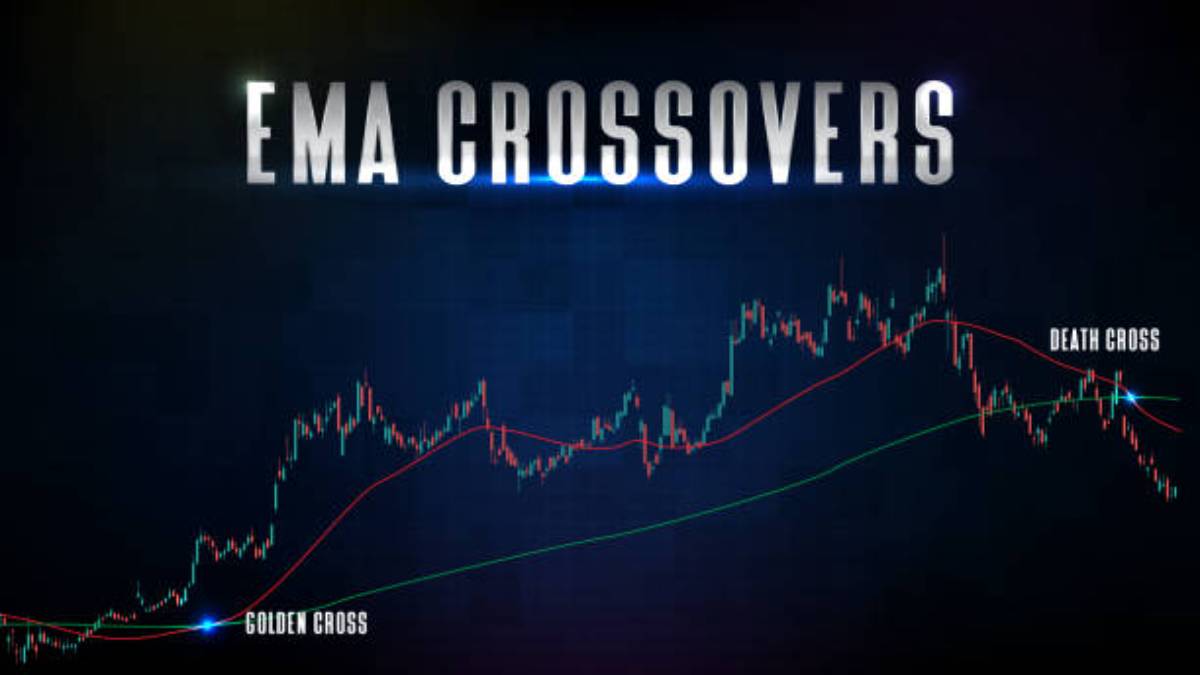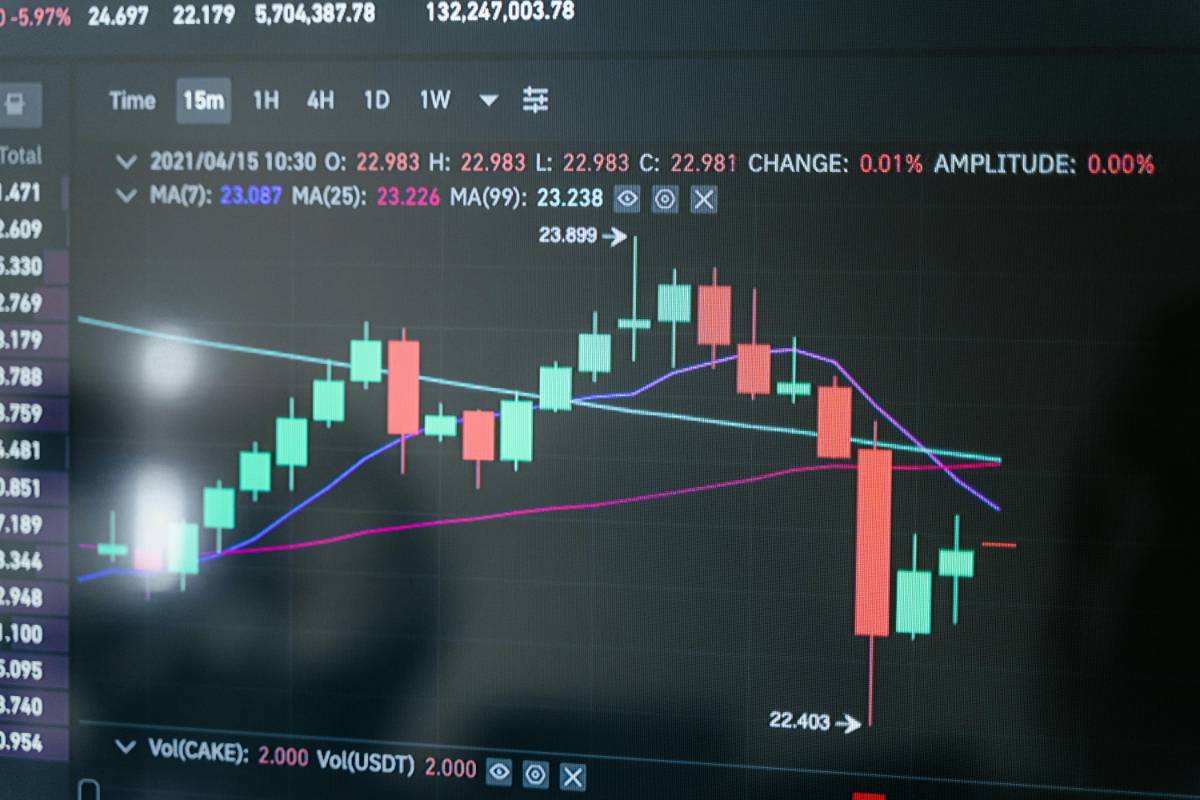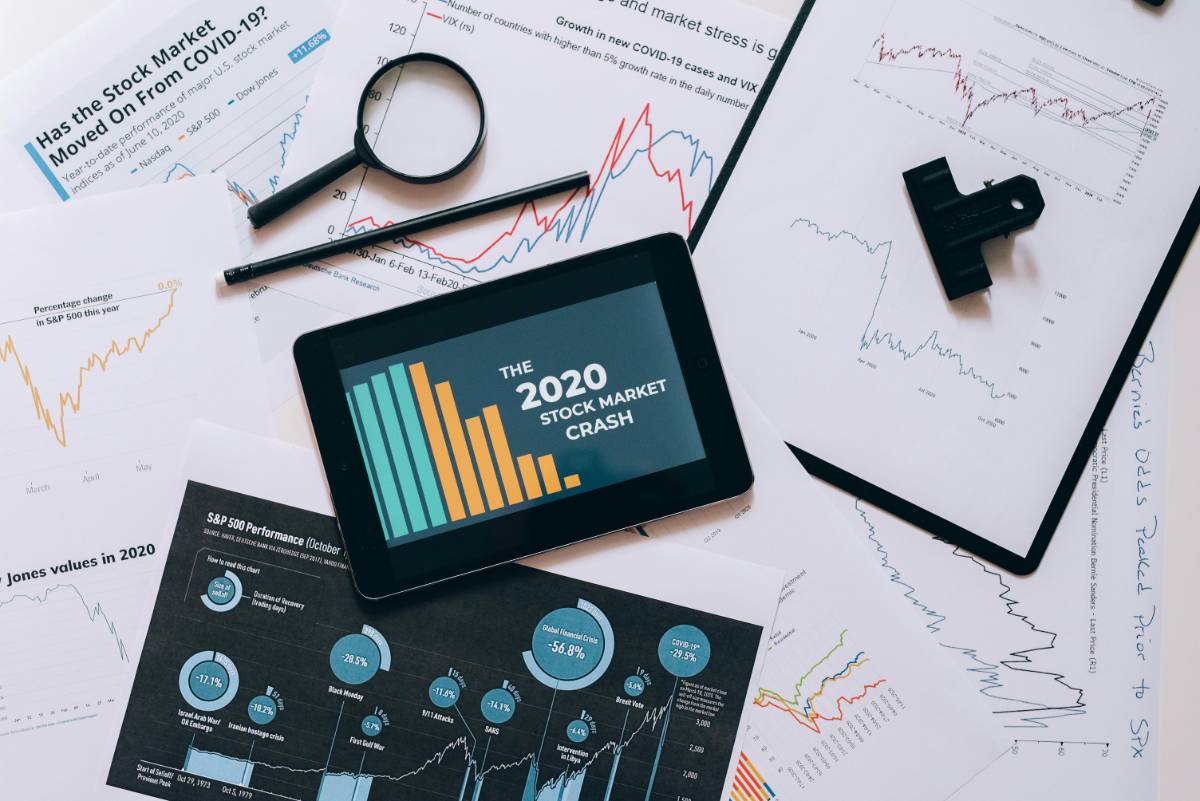
How Geopolitical Events Affect U.S. Stock Performance
 By James Carter
By James CarterGeopolitical events have a significant impact on the U.S. stock market, influencing investor sentiment, market volatility, and sector performance. Understanding these effects can help investors navigate uncertainty and make informed decisions.
Market Volatility and Investor Sentiment
Political tensions, wars, and diplomatic conflicts often lead to market uncertainty, causing fluctuations in stock prices. Investors may react by shifting assets to safer investments, such as gold or government bonds.
Periods of heightened geopolitical risk can create short-term volatility, but long-term investors may find opportunities in undervalued stocks during market dips.
Sector-Specific Impacts
Certain industries are more sensitive to geopolitical events than others. Defense stocks may rise during periods of military conflict, while technology and trade-dependent industries may experience declines due to sanctions or supply chain disruptions.
Energy markets are particularly vulnerable, as geopolitical instability in oil-producing regions can lead to supply shortages and price spikes, impacting oil and gas stocks significantly.
Government Policies and Economic Sanctions
Sanctions and trade restrictions imposed due to geopolitical conflicts can affect multinational corporations, impacting their revenues and stock performance. Companies reliant on global supply chains may face disruptions, leading to financial instability.

Investors should monitor government policies closely to assess potential risks and opportunities within affected industries.
Conclusion
Geopolitical events play a crucial role in shaping U.S. stock market performance. By staying informed and diversifying portfolios, investors can mitigate risks and capitalize on opportunities that arise from global developments.
About the author
 By James Carter
By James CarterJames Carter is a seasoned finance writer with over 8 years of experience helping millennials and Gen Z take control of their money. With a background in economics and a passion for demystifying complex financial concepts, Ananya shares actionable tips on budgeting, investing, and building long-term wealth. Her mission is to make financial literacy accessible, relatable, and empowering — no jargon, just smart money moves.
More like this

Stock Buybacks: How They Influence Share Prices
Stock buybacks have become a common strategy for companies looking to boost share prices and reward investors. Understanding their impact can help investors make informed decisions.

Meme Stocks: Are They Making a Comeback?
Meme stocks took the financial world by storm in recent years, driven by online communities and retail investors. As market conditions shift, many wonder if these stocks are making a comeback.

Dividend Stocks vs. Growth Stocks: Where’s the Best Opportunity?
Investors often face a crucial decision when building their portfolios: Should they invest in dividend stocks for stability or growth stocks for higher returns? Understanding the differences can help in making the right choice based on financial goals and risk tolerance.

How Geopolitical Events Affect U.S. Stock Performance
Geopolitical events have a significant impact on the U.S. stock market, influencing investor sentiment, market volatility, and sector performance. Understanding these effects can help investors navigate uncertainty and make informed decisions.

AI and Automation: The Next Big Disruptors in the Stock Market
Artificial intelligence and automation are transforming industries, and the stock market is no exception. These technologies are reshaping investment strategies, trading mechanisms, and market dynamics at an unprecedented pace.

S&P 500 vs. Nasdaq: Where Should You Invest?
Investors often compare the S&P 500 and the Nasdaq when deciding where to allocate their funds. Understanding the differences between these indices can help you make a strategic investment choice based on your risk tolerance and financial goals.

Why Tech Stocks Are Leading the Market Again
Tech stocks are once again at the forefront of the market, driven by innovation, strong earnings, and investor optimism. As companies in the sector continue to expand their influence, understanding the reasons behind this surge can help investors make informed decisions.

The Impact of Federal Reserve Policies on the Stock Market
Federal Reserve policies play a crucial role in shaping the stock market. Interest rate decisions, quantitative easing, and regulatory measures directly impact investor sentiment and market performance. Understanding these effects can help traders and long-term investors navigate the evolving financial landscape.

Top Performing Stocks on Wall Street This Quarter
The latest quarter on Wall Street has seen significant movements, with some stocks outperforming expectations while others struggled to keep up. Understanding these trends can help investors make informed decisions moving forward.

U.S. Stock Market Outlook: What to Expect in 2025
As we move into 2025, investors are looking for insights into the U.S. stock market's potential trajectory. Market trends, economic policies, and global events will all play crucial roles in shaping investment opportunities.




